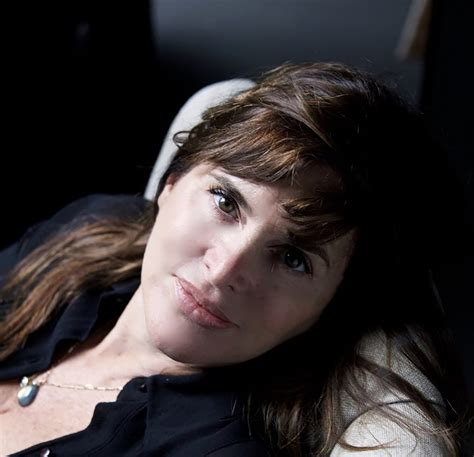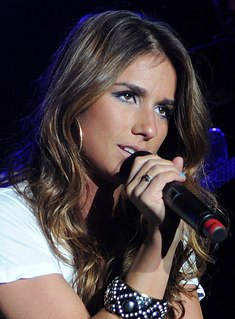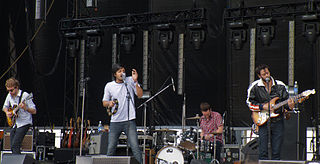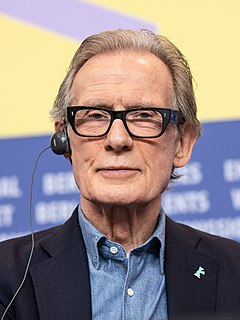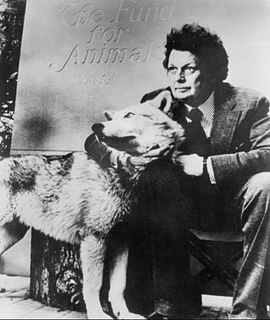A Quote by Guy Martin
I'm a bit embarrassed about how little I know about the First World War. I didn't even know that tanks were used in it.
Related Quotes
The World War I, I'm a child of World War I. And I really know about the children of war. Because both my parents were both badly damaged by the war. My father, physically, and both mentally and emotionally. So, I know exactly what it's like to be brought up in an atmosphere of a continual harping on the war.
I never call myself a singer, ever. I never will. I've always been really embarrassed about my voice. I've never been confident about it. I think it's a little bit better now than when I first started. There are people I admire who are genuinely brilliant singers and I know the difference between what they can do and what I can do.
Sometimes I'll go into an interview not knowing what it's about or who it's for. Sometimes I'm a little bit more prepared. I've been in certain interviews where they ask me questions that I know nothing about. Like obscure albums and they want to know my favorite song and I don't even know what to say.
The art is about opening, it is not about prejudice, it is not about contempt prior to investigation. It's about endlessly trying to keep from having contempt by admitting that you don't know. Even if you know a lot compared to some other people, usually, I think, the honest experience would be: "God, how little I know! And how much I need to have compassion for myself and for other people."
I was born just after the end of World War II, and with my friends in our little suburban backyards in New Jersey, we used to play war a lot. I don't know if boys still play war, they probably do, but we were thrusting ourselves into recent history and we were always fighting either the Nazis or the Japanese.
I used to dream
I used to glance beyond the stars
Now I don't know where we are
although I know we've drifted far
What about yesterday
What about the seas
The heavens are falling down
I can't even breathe
What about the bleeding Earth
Can't we feel its wounds
What about nature's worth?
It's our planet's womb.
It used to be said that, socially speaking, Philadelphia asked who a person is, New York how much is he worth, and Boston what does he know. Nationally it has now become generally recognized that Boston Society has long cared even more than Philadelphia about the first point and has refined the asking of who a person is to the point of demanding to know who he was. Philadelphia asks about a man's parents; Boston wants to know about his grandparents.

